Microsoft to settle Wi-Fi patent lawsuit with Caltech
2 min. read
Published on
Read our disclosure page to find out how can you help MSPoweruser sustain the editorial team Read more
Key notes
- Microsoft and Caltech agreed to settle a lawsuit regarding Caltech’s Wi-Fi technology patents.
- Caltech accused Microsoft of using their patented Wi-Fi tech in Surface devices and Xbox consoles.
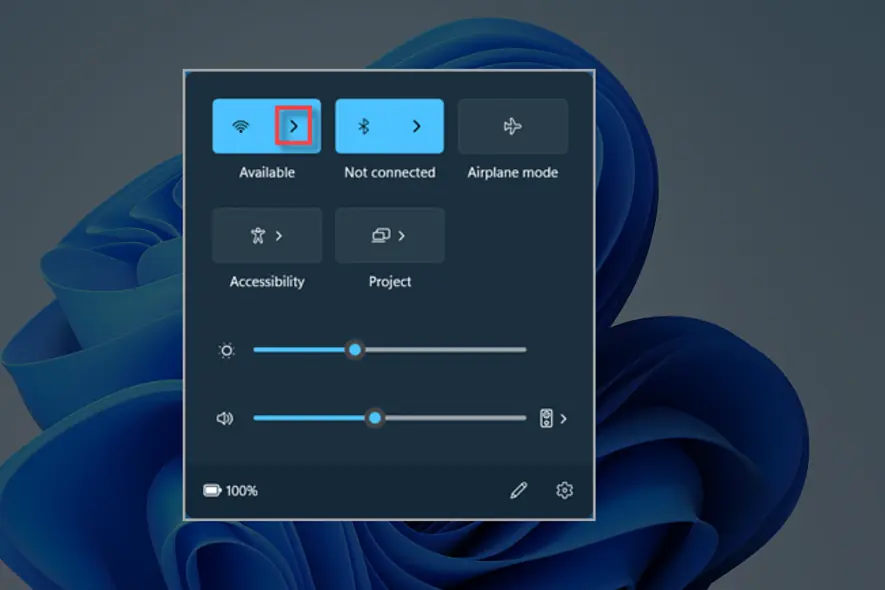
Microsoft has reached a settlement with the California Institute of Technology (Caltech) in a patent infringement lawsuit related to Wi-Fi technology. The settlement comes after Caltech won a billion-dollar jury verdict against Apple and Broadcom in a similar case in 2020.
Microsoft was accused of infringing on Caltech’s Wi-Fi patents with its Surface tablets, laptops, and Xbox gaming systems. As much as we’d like to give you more in-depth details about the infringement, I am afraid there isn’t more information available.
While Microsoft denied the allegations, claiming the patents were invalid and that it had licenses for them, the lawsuit was settled out of court. All this brings me to Wifi 7, which is ready to be launched in 2024. It promises speeds up to 40 Gbit/s, a significant improvement over the current Wi-Fi 6 standard, utilizing three frequency bands (2.4 GHz, 5 GHz, and 6 GHz).
This settlement follows a 2020 jury verdict in which Caltech was awarded $1.1 billion in damages for patent infringement by Broadcom Wi-Fi chips used in Apple devices. The ruling was later overturned on appeal, with a new trial ordered to determine the appropriate damages. Apple, Broadcom, and Caltech reached a settlement in that case last year.
Caltech has also filed lawsuits against HP and Dell in Texas over similar Wi-Fi patent infringement claims. These cases are still ongoing.
With the tech industry’s increasing reliance on Wi-Fi technology, patent disputes such as these are likely to continue as companies seek to protect their intellectual property rights.
More here.




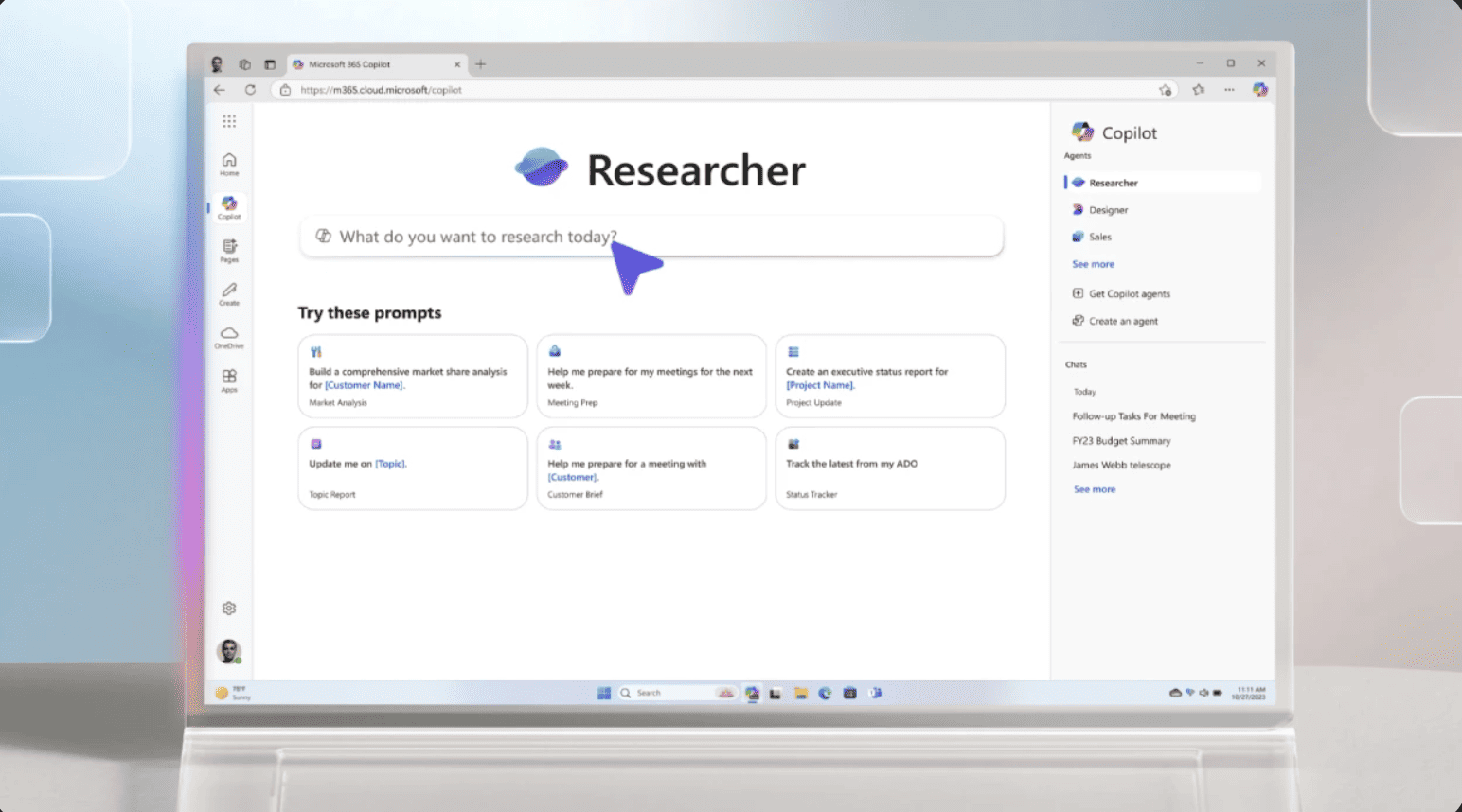

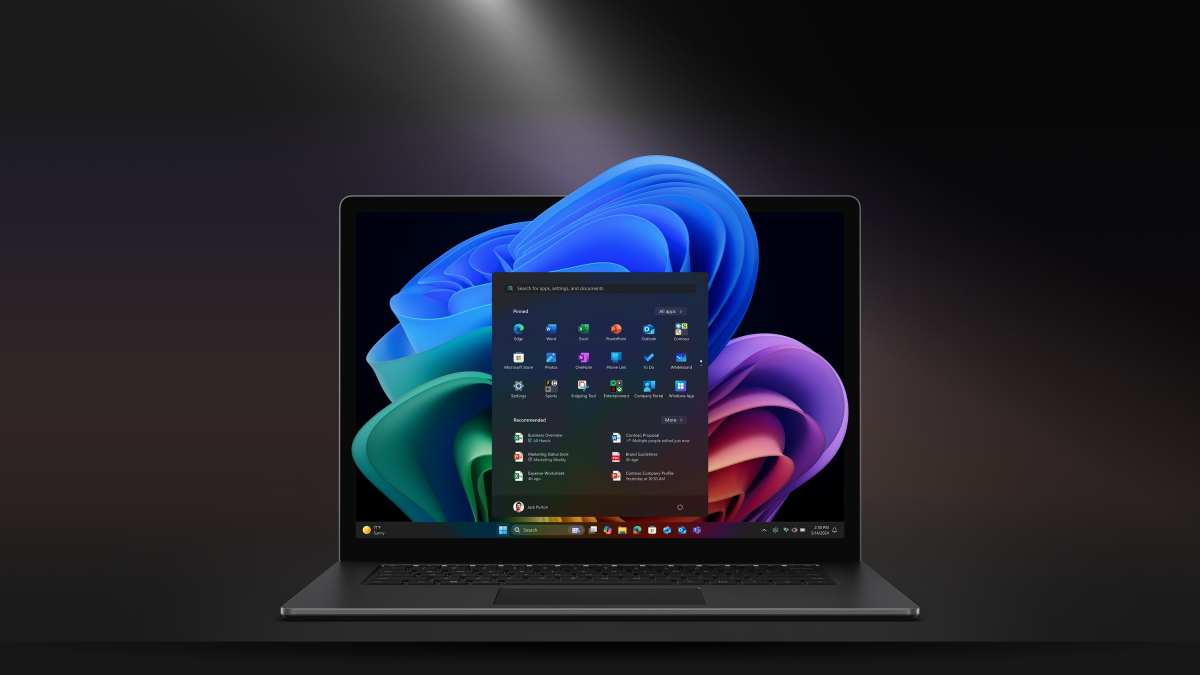
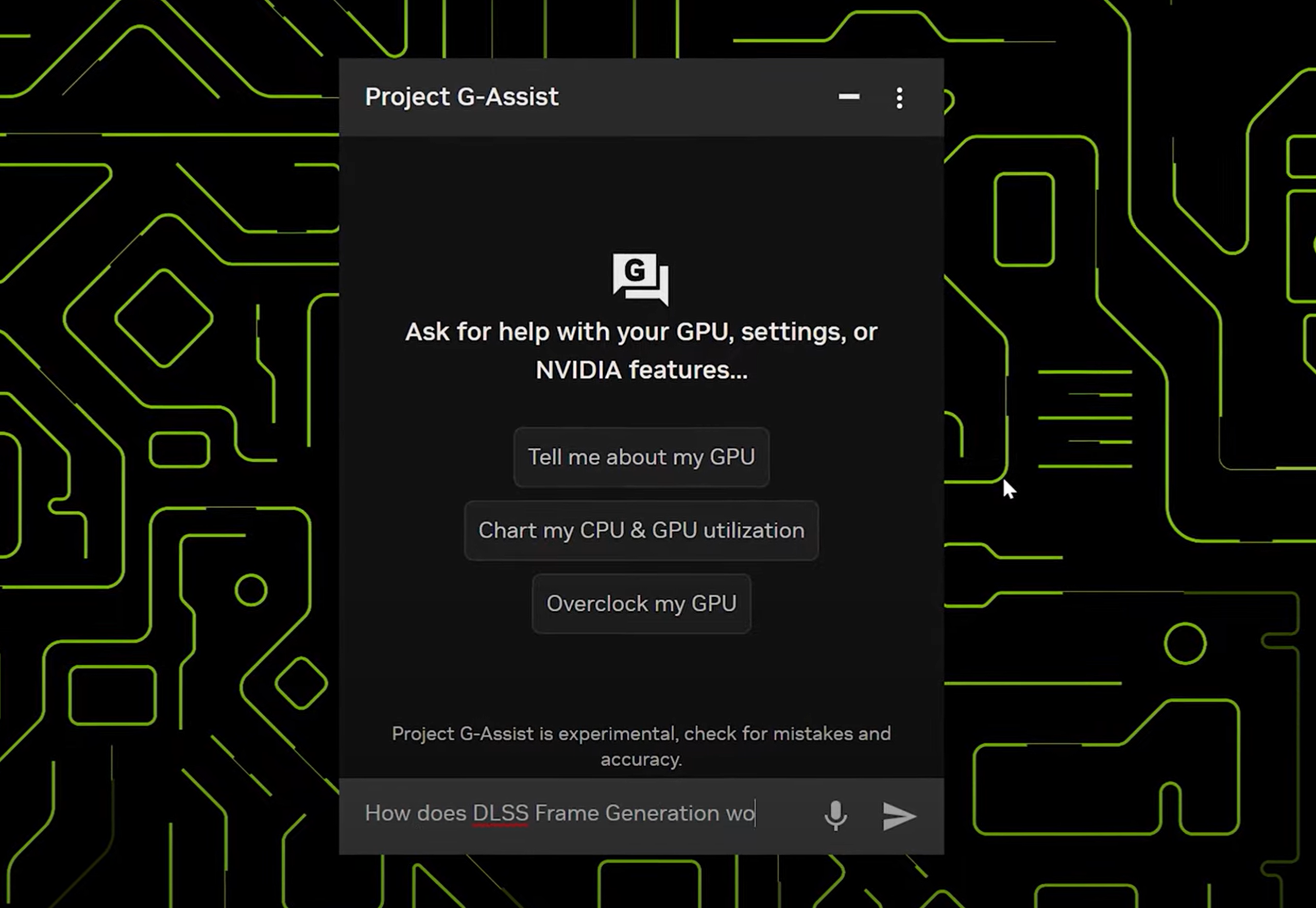
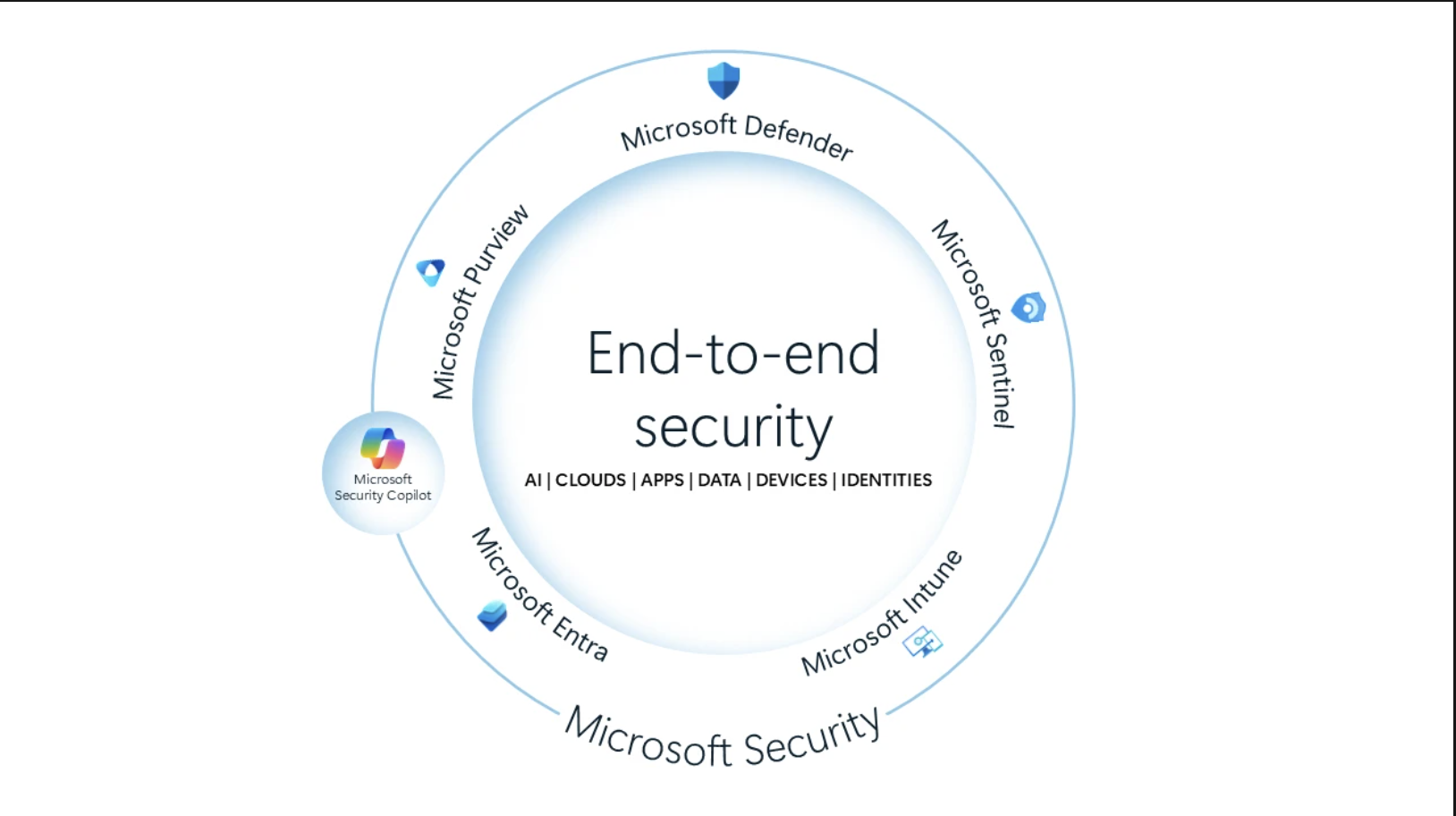
User forum
0 messages